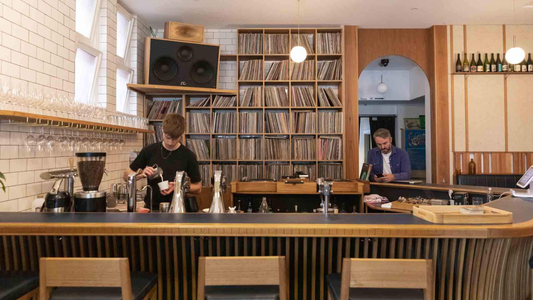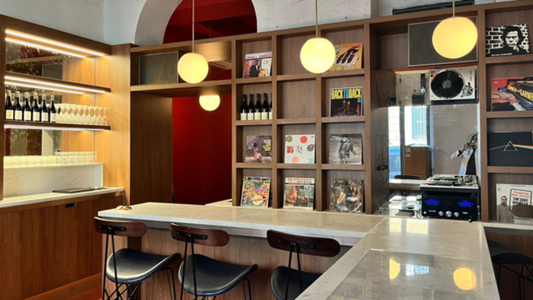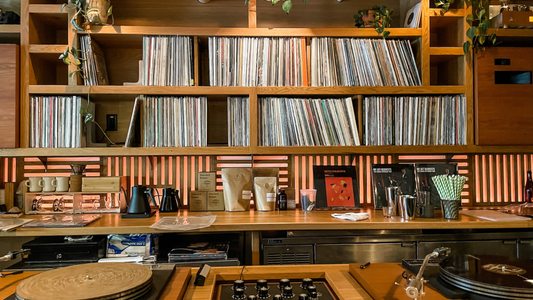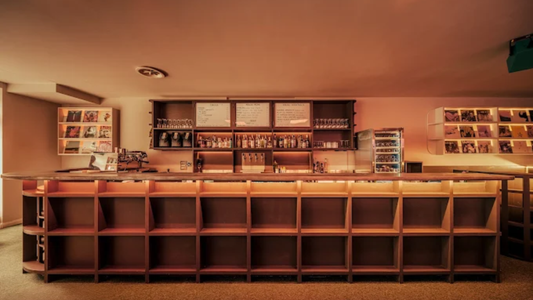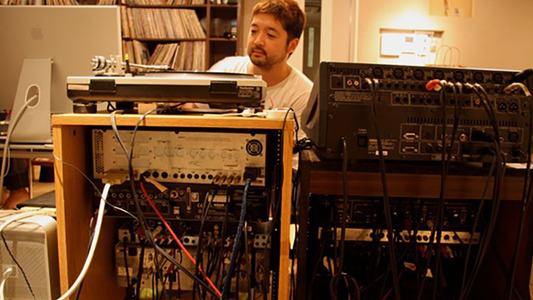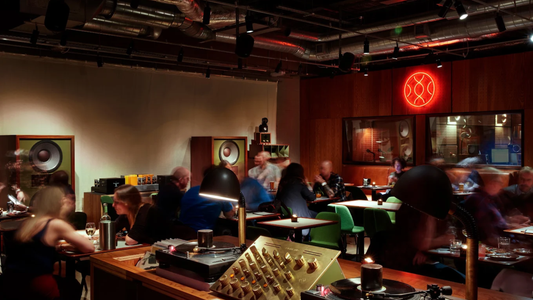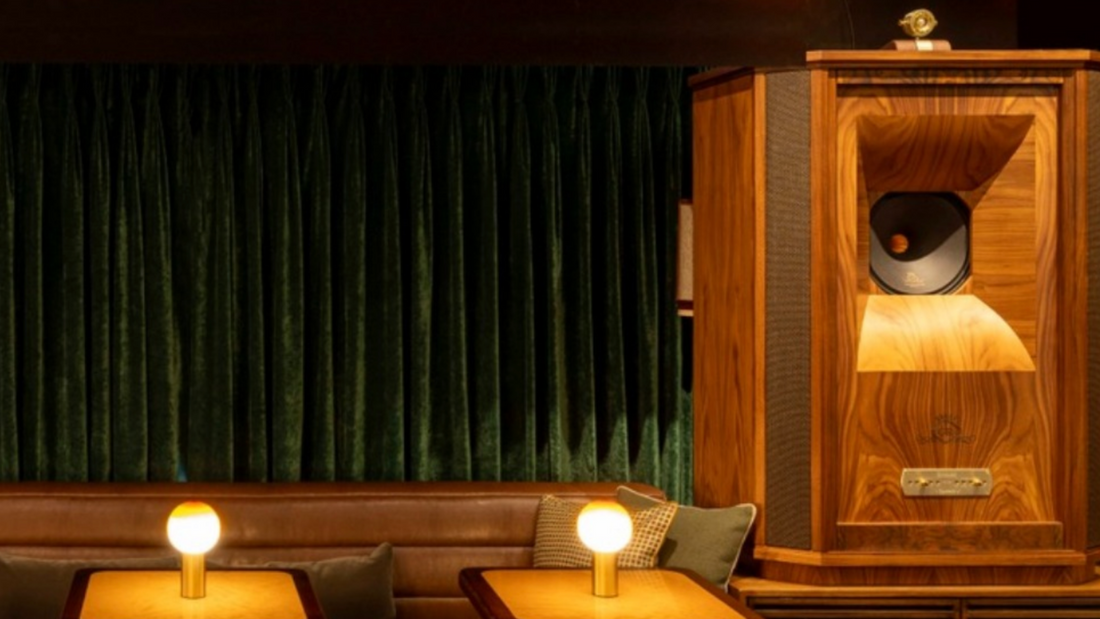
Why Listening Bars Matter in a World of Noise
By Rafi Mercer
The world has grown noisier. Not simply in volume, though the constant hum of engines, phones, and crowded streets is ever-present, but in texture — a relentless layering of distraction that leaves little space to pause. Conversations jostle against notifications, architecture vibrates with traffic, the air itself seems saturated. Even moments meant for rest are filled by the subtle pressure to do, to consume, to respond. In such a world, it is easy to forget what it feels like to truly listen.
That is why listening bars matter. They are not inventions of luxury or novelty, but sanctuaries of balance. To step into one is to remember that sound can be weight, not clutter; that silence can frame, not void; that music, when given time and space, can restore rather than overwhelm. They remind us that listening is not a passive act but a posture, a choice to slow the body and widen the ear.
The first sensation in a listening bar is often not the music itself but the absence of everything else. The door closes behind you and the noise of the city is muffled. The lighting is dimmer, the furniture simpler, the atmosphere hushed but not tense. You sit and feel a shift. There is no rush, no demand, no expectation of chatter. The room is tuned, literally and metaphorically, for listening. Then the selector lowers the stylus, and the music begins to breathe.
What happens next is subtle, but profound. The sound unfolds not as background but as presence. The system, carefully balanced, places instruments as if in space — a horn to the left, a bass resonating from the floor, a piano gently spreading across the room. The details you may have skimmed past elsewhere come alive: the intake of a breath, the brush of a cymbal, the echo of a hall. And between them, silence. Silence not as absence but as shape, the architecture that holds the phrase. You realise that the pauses are as meaningful as the notes, that music is built as much from restraint as from expression.
This discovery is not technical, though acousticians could explain it in detail. It is emotional. It is the shock of realising that something so simple — listening with care — has become so rare. And it is inspiring because once you experience it, you cannot return to treating music as disposable. You learn to hear differently.
Listening bars matter because they make this experience communal. You could hear the same album at home, on a good system, with a glass in hand. And you should. But to sit in a room with strangers, all bound by the same attention, is to experience listening as atmosphere. The silence is collective, the presence amplified by being shared. When the album ends, there may be no applause, only a soft exhale, but you know that everyone in that room has felt it. That shared stillness is rare in our time, and it carries weight.
They matter, too, because they restore proportion. The world tells us constantly that faster is better, that more is progress, that quantity will lead to satisfaction. A listening bar offers the opposite: one album, forty minutes, a single room. Nothing more. Yet in that reduction lies expansion. You emerge feeling not deprived but restored, as if something essential has been given back. The bar is not asking you to consume; it is inviting you to listen.
There is also the matter of beauty. The equipment, often vintage, glows with quiet dignity. Valves emit a soft light, speakers stand with presence, the turntable spins with steady grace. There is pleasure in seeing these objects cared for, maintained, used for their purpose. They are not decoration but tools, instruments for fidelity. They remind us that technology can serve art, not just accelerate convenience.
But beyond aesthetics, listening bars matter because they resist erosion. They resist the erosion of albums into playlists, of conversations into fragments, of silence into noise. They remind us that not everything needs to be faster, lighter, or more efficient. Some things deserve to be slower, heavier, less convenient. They insist that music is one of them.
For me, the listening bar also matters because of memory. I cannot sit in one without recalling nights in Tokyo basements, or afternoons in Osaka cafés, or evenings in New York lofts where the music seemed to hold the air itself. Each experience carries a geography, a time, a set of faces and glasses and conversations. The music becomes inseparable from the place, and the place becomes inseparable from the people. Listening becomes not only about sound but about belonging.
And perhaps this is the heart of it. In a world of noise, listening bars give us back belonging. Not in the loud, performative sense of crowd or festival, but in the quiet, intimate sense of sharing space and sound. They remind us that to listen is to be human, and that to listen together is to be community.
That is why they matter. Not because they are fashionable, though they have become so in recent years. Not because they are rare, though scarcity adds allure. They matter because they give us back something we have lost: the simple, profound act of listening. They show us that music can still carry weight, that silence can still shape, that presence can still unite. They remind us that there is another way to live, even if only for forty minutes at a time.
So the next time you find yourself in a listening bar, notice it. Notice the silence between notes. Notice how the room bends to the sound. Notice how strangers become companions in stillness. And carry that with you when you leave. For in a world of noise, these spaces matter more than ever.
Rafi Mercer writes about the spaces where music matters. For more stories from Tracks & Tales, subscribe, or click here to read more.
